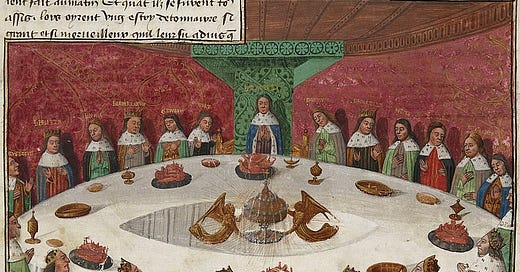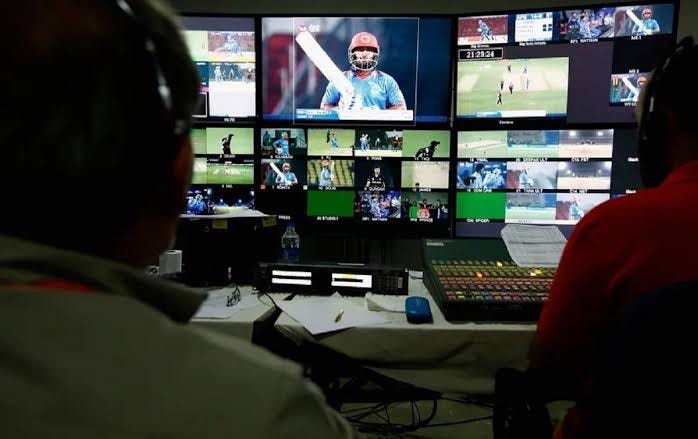Back in 12th century England King Arthur was having problems with his Knights and Barons. The issue was the pecking order in which the Monarch regarded them, or their perception of it. Legend has it that they jostled, literally, to sit as close as possible to him at the head of the table.
So, the King paid a visit to his carpenters and furniture-makers. Imagine the surprise on the faces of the gentry when they arrived for the next counsel with their leader to find that a round table had replaced the traditional long one. History tells us there was also no designated seat for the King and he entered the room last.
The King would take charge of managing his Barons’ egos on his terms. Having made an important, public statement that they were all important to him, he would let them know individually, privately, where they stood in his estimation. Some of the Knights, we are told, were not happy with this new arrangement. For them, it was just as important to be seen as a favoured nobleman as it was to enjoy the King’s favour.
In case you haven’t picked it yet, this is a follow-up to last week’s column which attracted far more global interest than I had anticipated. Unfortunately, the majority of publications which picked up on the news that the SA20 league had not secured an Indian broadcast partner were distinctly negative. My conclusion – that a partner would undoubtedly be found and a deal done – was ignored.
The SA20 is comprised of six IPL Franchises containing all of South Africa’s best players, more than a dozen of whom have played in the IPL, and more than enough international superstars to make the tournament not just a viable product in India but a popular and profitable one. Of course they want it.
Indian broadcast houses are multi-billion dollar corporations which are used to doing business in a certain ‘manner’ – and getting their way. They are not accustomed to sitting at the same, round table, and being told what price they are expected to pay.
Just as Arthur’s most important Barons would have expected a seat next to him and a feast with at least half a dozen roasted oxen in their honour in order to provide their King with the army he required, India’s broadcasters are accustomed to being ‘invited’, if not cosseted, to partner with a new venture. And if it involves the Presidential Suite in a five-star hotel – if not the whole floor – all the better.
That is the process, I suspect, that league Commissioner Graeme Smith and his board members are going through now. Having done the right thing by setting a reserve price (understood to be $240k per game), stipulating the conditions (10-year deal, 5% increase per annum) and inviting bids, there was a distinct lack of either surprise or concern from the SA20 camp when no bids were received by the deadline.
There is enough wisdom and global experience amongst the seven board members and its hired consultants to understand the culture of negotiation and they were, no doubt, not expecting things to be straightforward. Everyone likes a discount if they’re being asked to pay $8million a year and, equally likely, there will be one.
What is more interesting is the assertion made to me this week from a source close to the league is that “the financial model for the league is based on the support of a strong domestic broadcast partner and committed teams over a sustained period. It is not materially dependent on the revenues arising from an Indian broadcast deal. But India is obviously a key cricket market, and that is why the League is pursuing a deal there." Such an approach is understandable, given that the abolition of The Global League in 2017 arose as a result of a failure to secure a supportive local broadcast partner.
Smith played many great innings for his country and is the most capped captain of all time. He remains as devoted to South African cricket today as he was when he became captain at the age of 22. When he scored an unbeaten 154 in the fourth innings to win the Test series against England in 2008 it was ranked by Wisden amongst the top-10 Test innings of all time. I wondered at the time, and still do, whether another of such quality would be played for South Africa in my lifetime. I still do.
When the SA20 finally starts and the inaugural season is under way, with the games being shown live across the subcontinent, there can be little doubt that Smith, at least, will regard the diplomatic innings he is playing at the moment just as highly as any he played on the field. And infinitely more important for his country.




